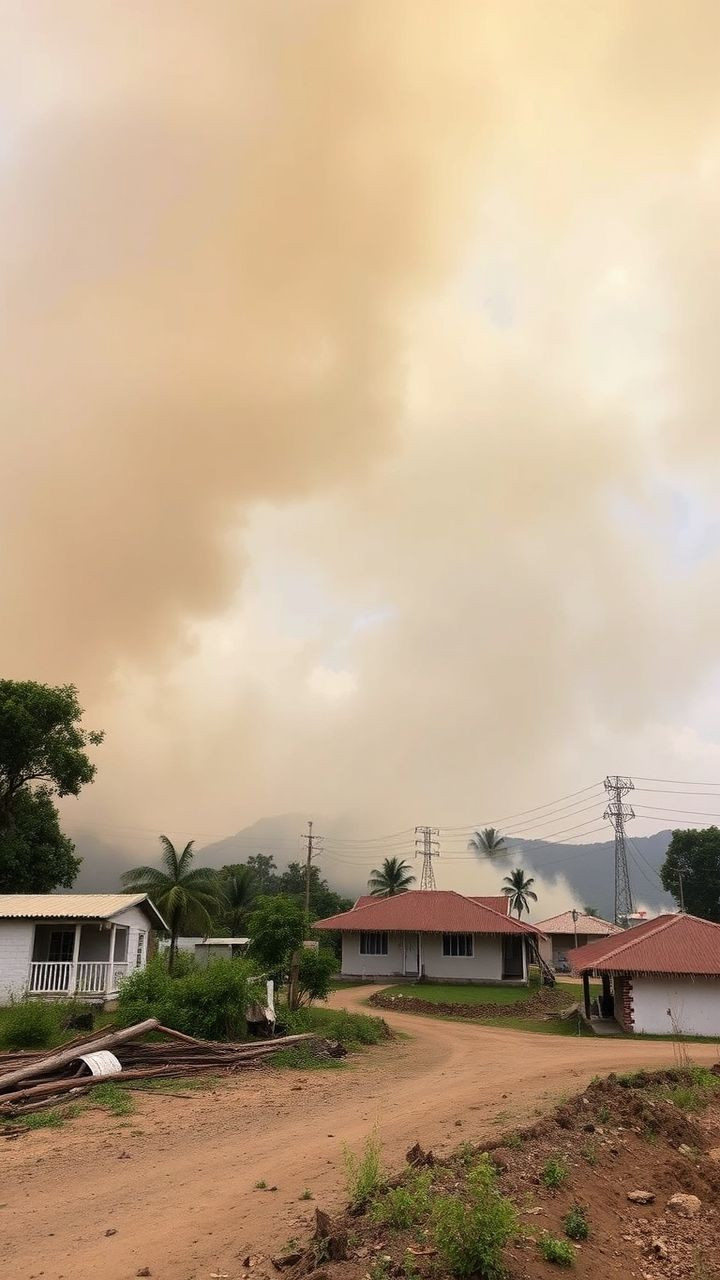
The Future of Red Cross: Defending Its Role in Gaza Conflict The International Committee of the Red Cross (ICRC) has recently been criticized regarding its actions during the Israel-Palestine conflict, particularly related to transferring Palestinian detainees from Israeli custody to Hamas-controlled territory. In response, the ICRC issued a rare statement defending itself and outlining the limits of its neutrality. This blog will examine statements made by both parties and provide an analysis of the situation.
The Future of Red Cross: Defending Its Role in Gaza Conflict The International Committee of the Red Cross (ICRC) has recently been criticized regarding its actions during the Israel-Palestine conflict, particularly related to transferring Palestinian detainees from Israeli custody to Hamas-controlled territory. In response, the ICRC issued a rare statement defending itself and outlining the limits of its neutrality. This blog will examine statements made by both parties and provide an analysis of the situation.
The Future of Red Cross: Defending Its Role in Gaza Conflict
The International Committee of the Red Cross (ICRC) has recently been criticized regarding its actions during the Israel-Palestine conflict, particularly related to transferring Palestinian detainees from Israeli custody to Hamas-controlled territory. In response, the ICRC issued a rare statement defending itself and outlining the limits of its neutrality. This blog will examine statements made by both parties and provide an analysis of the situation.
The ICRC's statement emphasizes the importance of neutrality in conflict zones, stating that it operates within guidelines set forth by international law. The organization asserts that it has been actively engaged with Israeli authorities to allow for family contacts and visits to Palestinian detainees held in custody since the start of the conflict. However, it also acknowledges that certain aspects of its work are beyond its control, such as ensuring the safety of transfer operations.
Critics of the ICRC argue that its neutrality prevents it from taking a more active role in addressing human rights violations and protecting civilians caught in the crossfire. They cite the chaotic scenes during the release of Palestinian detainees in Ramallah, where ICRC buses were reportedly overrun by Hamas supporters carrying flags.
The debate over the ICRC's role highlights the complex nature of humanitarian work in conflict zones. The organization must navigate challenging political and security environments while ensuring that its actions are consistent with international law and its own principles of neutrality and impartiality. Ultimately, the efficacy of the ICRC's approach will depend on a careful balancing act between protecting civilians and preserving its neutrality.
As professionals in the field of humanitarian aid, we recognize the importance of the ICRC's work and the challenges it faces. We believe that the organization is doing what it can within the parameters of its mandate to help those affected by the conflict in Israel-Palestine, while also maintaining principles of impartiality and neutrality.
In conclusion, as we move beyond 2025 and into an increasingly complex global landscape, the role of organizations like the ICRC will become even more crucial. They provide a vital service by providing humanitarian aid to those who need it most, regardless of political affiliation or religious beliefs. As professionals in this field, we must continue to support these organizations and advocate for their rights to work impartially and effectively.


